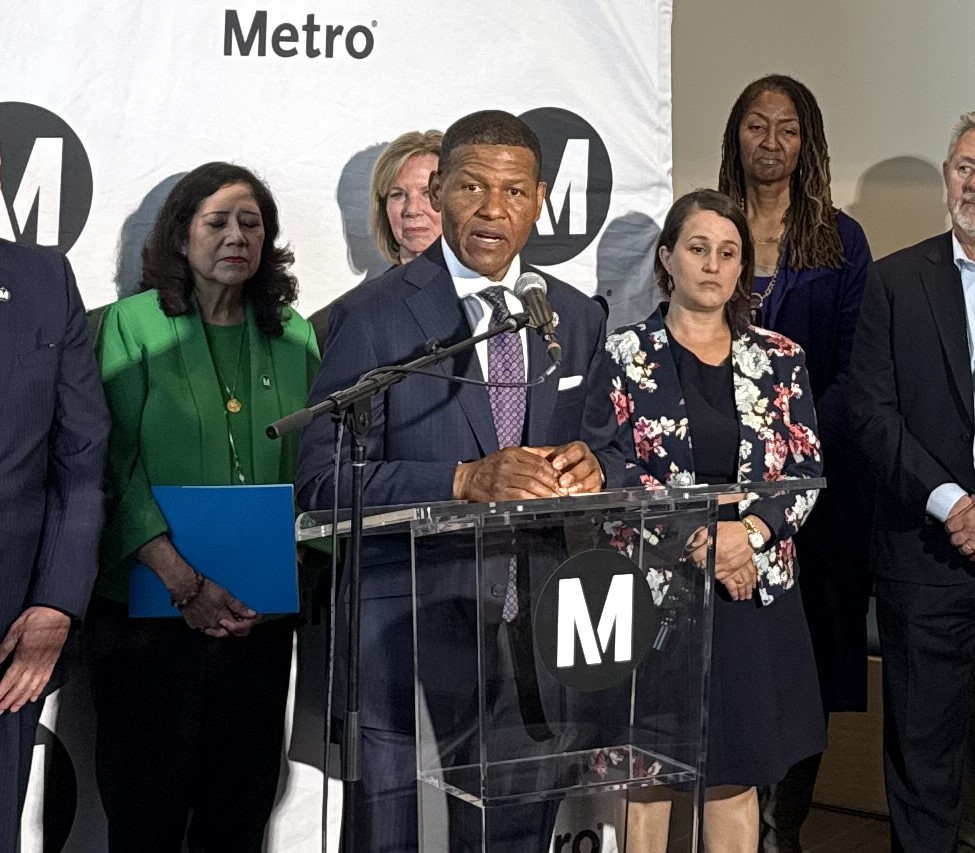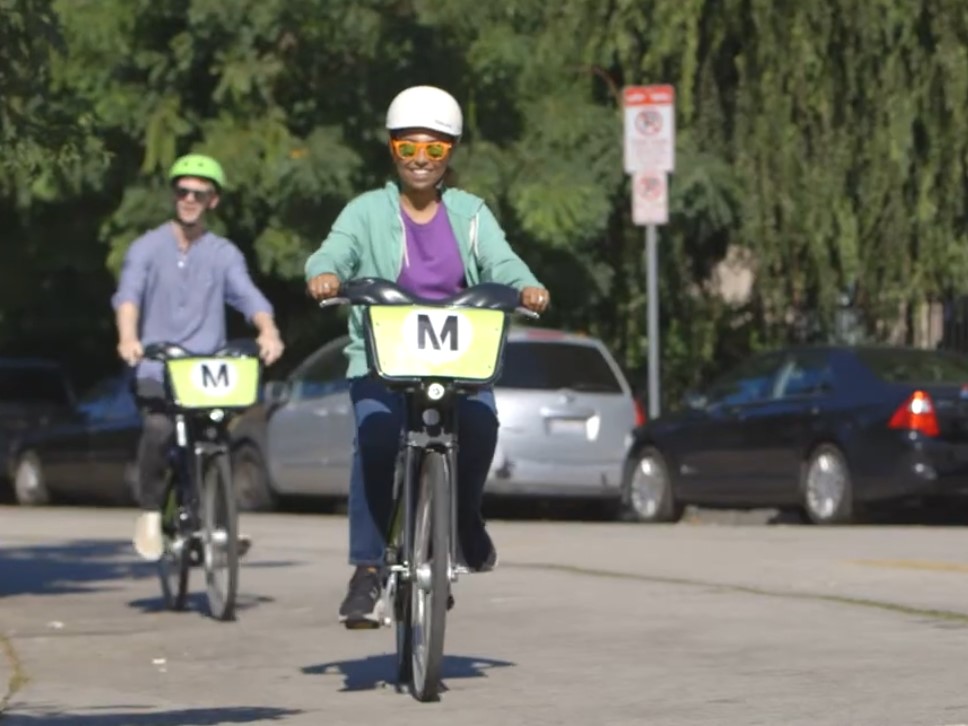Higher gas prices. Smart phones. Attitudinal shifts in younger generations. Whatever the reason, one thing is clear: More Americans are opting out of the late 20th Century ideal where the answer to every transportation question was the car. In 2009 and 2010 -- for the first time since World War II -- American car ownership rates declined.
Just how pervasive is this reversal? Well, carfree blogger Corey Templeton at Network blog Walk Around Portland, pointing to a Press Herald article, says that Portland, Maine (pop. 66,000) is noticing the same trend:
The statistics show that the number of passenger vehicles registered in Portland has been declining for several years while ridership on the local bus system has gone up. The article features some brief profiles of car-free individuals, such as city councilor David Marshall.
It's nice to be reminded that I'm not alone and I look forward to some possible follow up stories on the subject. I wouldn't mind being interviewed as well as someone who has lived a generally successful life here without a car since 2008. As noted on the Rights of Way blog, the city's housing and transportation policies are "focused overwhelmingly on building cheap or free parking" despite the trend that people are driving less and demanding better/safer/healthier/more sustainable neighborhoods.
According to the Press Herald, the number of non-highway driving miles logged by residents of greater Portland has been declining about seven percent annually for the last six years, or about 79 million miles annually. Seems like another place that should reconsider the idea that streets should be planned based on the assumption that traffic will increase forever.
Elsewhere on the Network today: Hugh Bartling reflects on the news that Google has chosen to move its Motorola Mobility unit from the Chicago suburbs to downtown. The Bike League calls on state DOTs to fully fund, fully staff and fully implement the "Transportation Alternatives" program created by the new transportation bill. And the Congress for the New Urbanism looks at the city of Cincinnati as an example of a down-on-its-luck mid-sized metro that is managing to turn things around.






